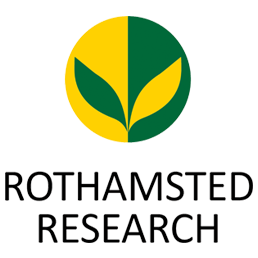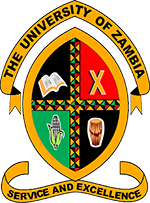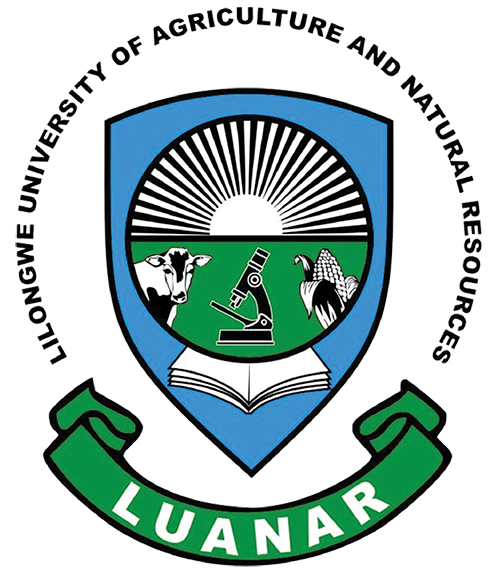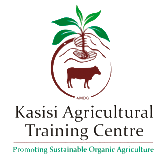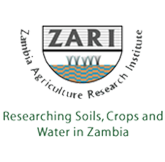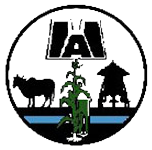Our general approach can be described as 'collaborative and cross-disciplinary learning through hands-on, learning-centred demonstration research projects'.
The vision of this project is to develop a network of African and UK researchers within institutional environments that are conducive for world-class research, applying cutting-edge scientific methods to fill knowledge gaps on the impacts of conservation agriculture (CA) practices on the water cycle in cultivated soils.
We are involving researchers and practitioners from all disciplines associated with CA, linking soil scientists and shallow geophysicists, used to working on processes in the rooting zone, with hydrogeologists focused on groundwater recharge processes, environmental statisticians and practitioners in extension and social sciences.
To achieve this vision we must strengthen cross-disciplinary research capacity in respect of particular methodologies, to undertake associated formal training and to take a rigorous approach to the assessment of research capacity strengths and gaps at the individual (e.g. researchers, students, technicians), institutional (e.g. university departments) and environmental level (political and regulatory context in which research is undertaken und used by policymakers).
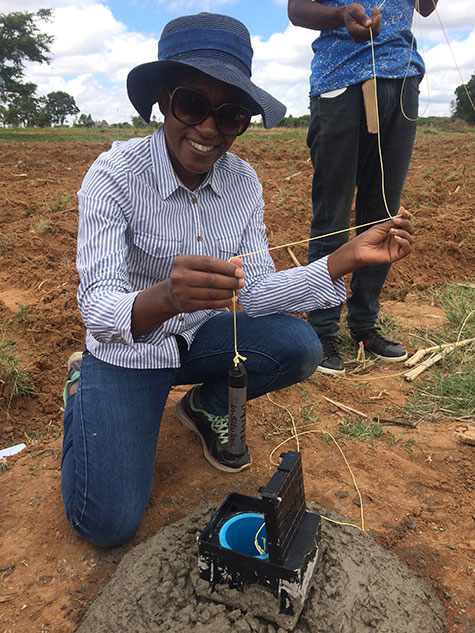
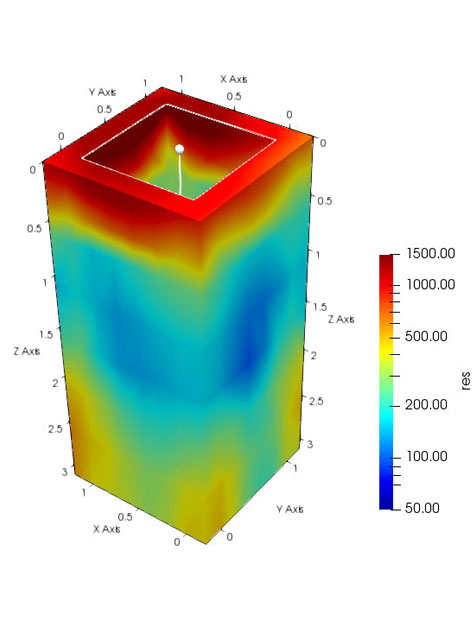
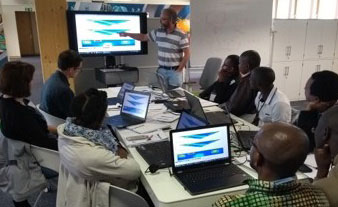
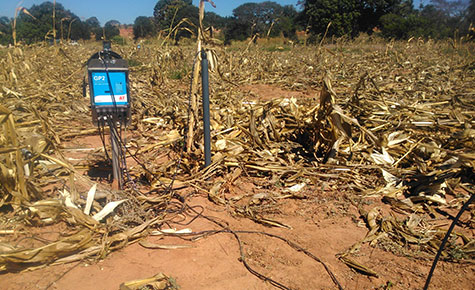
Our goal is to develop a cross-national, multidisciplinary network of researchers who will work together at sites where African partners have long-established CA trials. These are at the University of Zambia's Liempe Farm, near Lusaka, Chitedze Research Station in Malawi and Domboshava near Harare, Zimbabwe.
Through collaborative planning, installing, monitoring and data interpreting at the three demonstration studies, the emphasis is on ensuring that all participants develop:
At the end of the project, it is anticipated that the network partners will be able to continue using the methods and technology described here to further develop the research. Furthermore, our activities will be aimed at delivering a legacy. In particular, we shall publish our results and associated data and analyses in fully open-access format to facilitate their use by others in the region and beyond.
We shall also develop more detailed manuals in a wiki format for all methodologies used to help ongoing application of the methods that we develop in CA research programmes and experiments across Africa and beyond. We intend that the learning-centred structure of the demonstration studies will enable participants to take the lead in establishing similar studies at other sites with new or established CA experiments, or experiments to evaluate other interventions such as agroforestry, with which the KATC is involved.
In the latter stages of the demonstration projects, network events will include participants in CA research from the partner countries and beyond, for intensive introductions to the methods and project outcomes.


CEPHaS is funded by Research Councils UK through its Global Challenges Research Fund programme.

